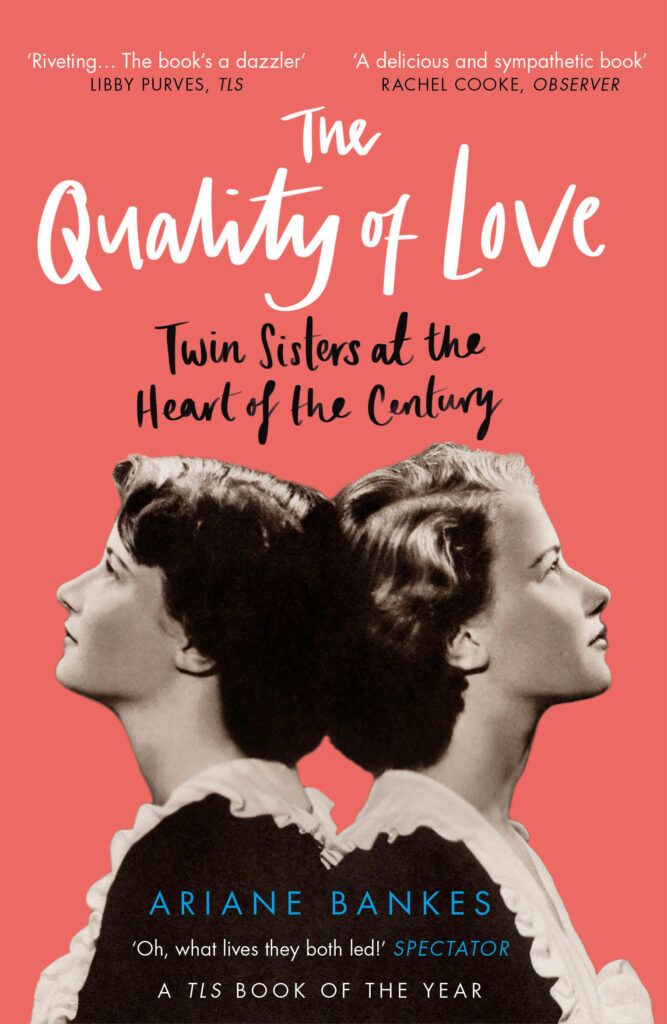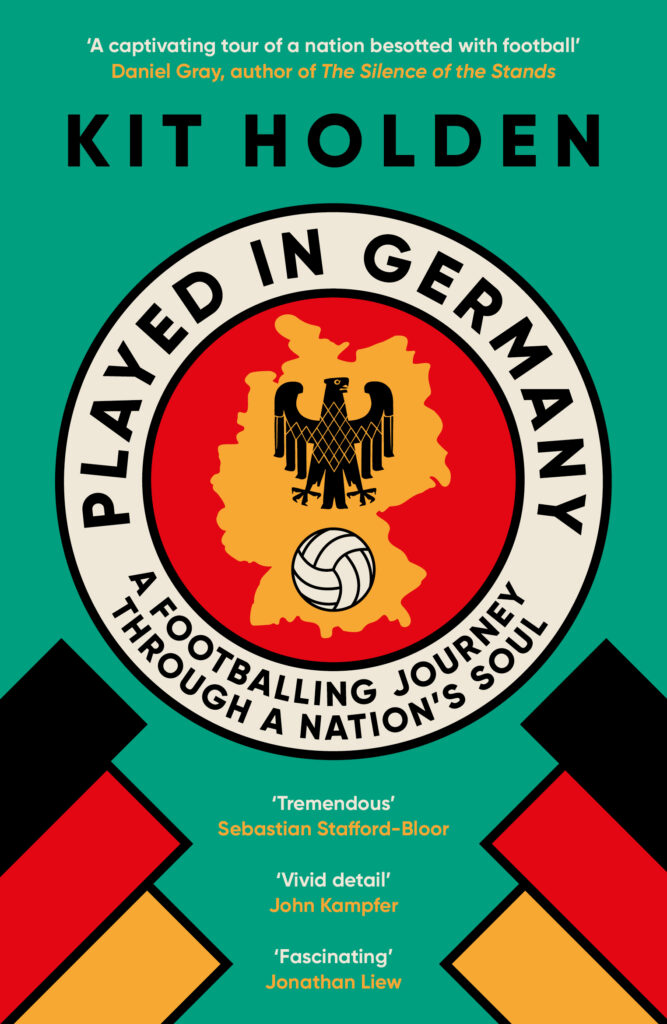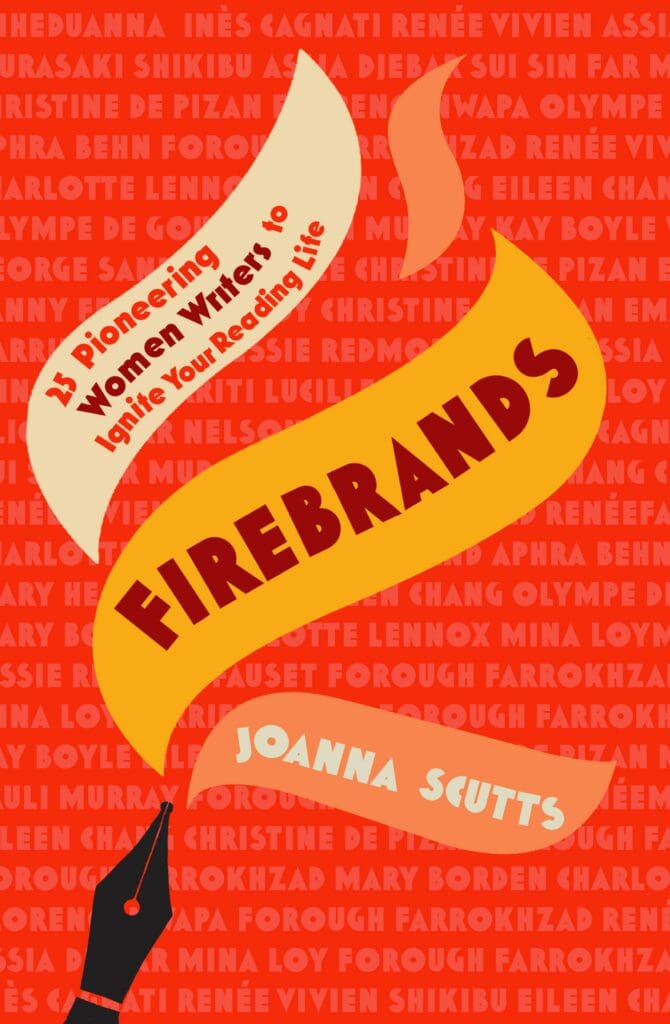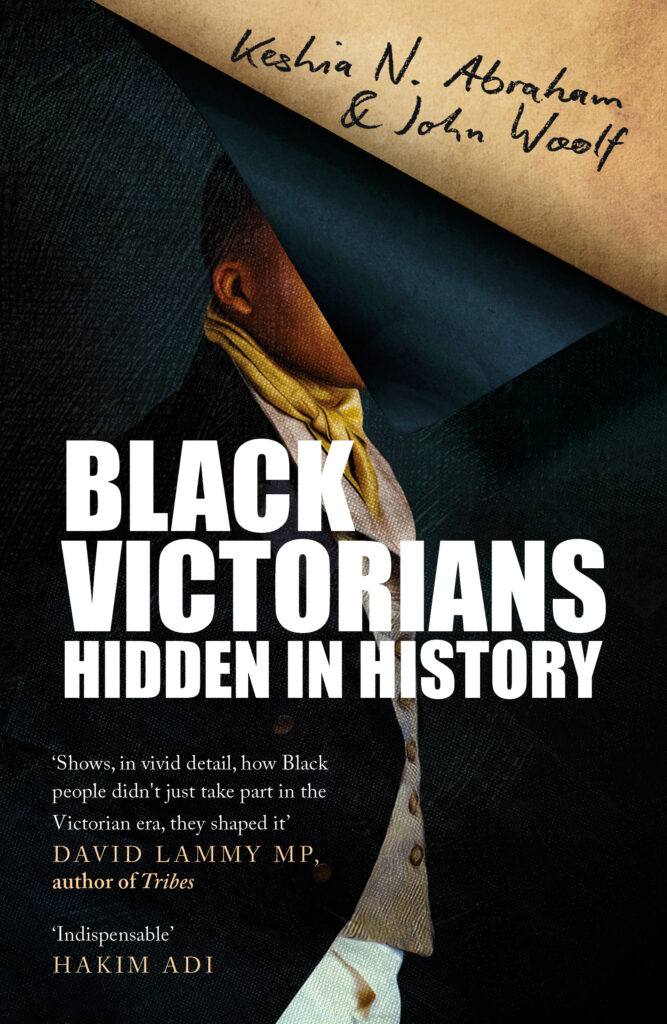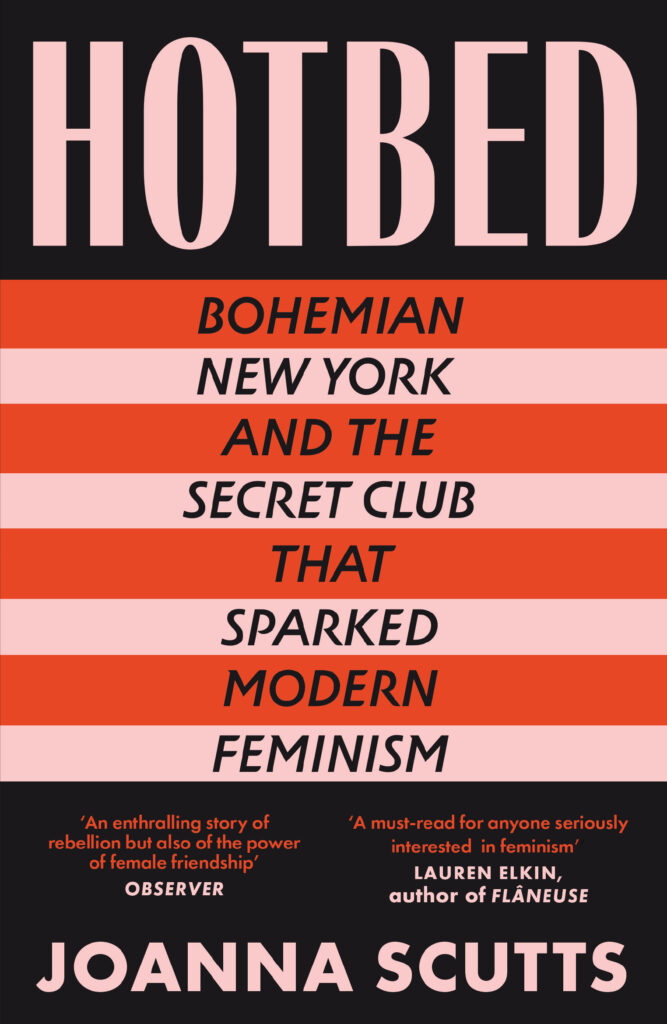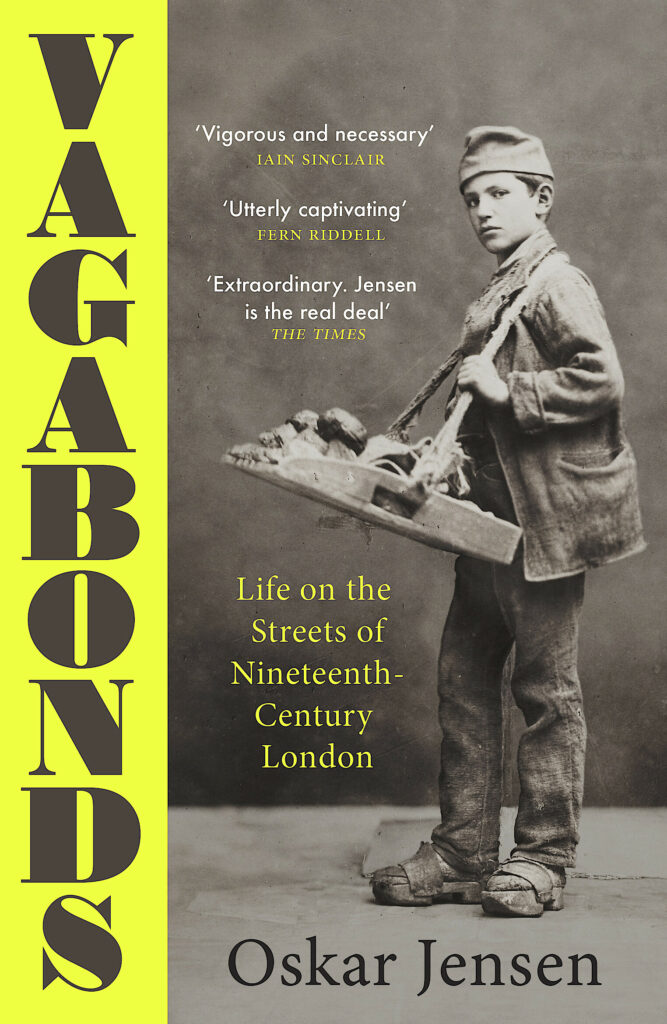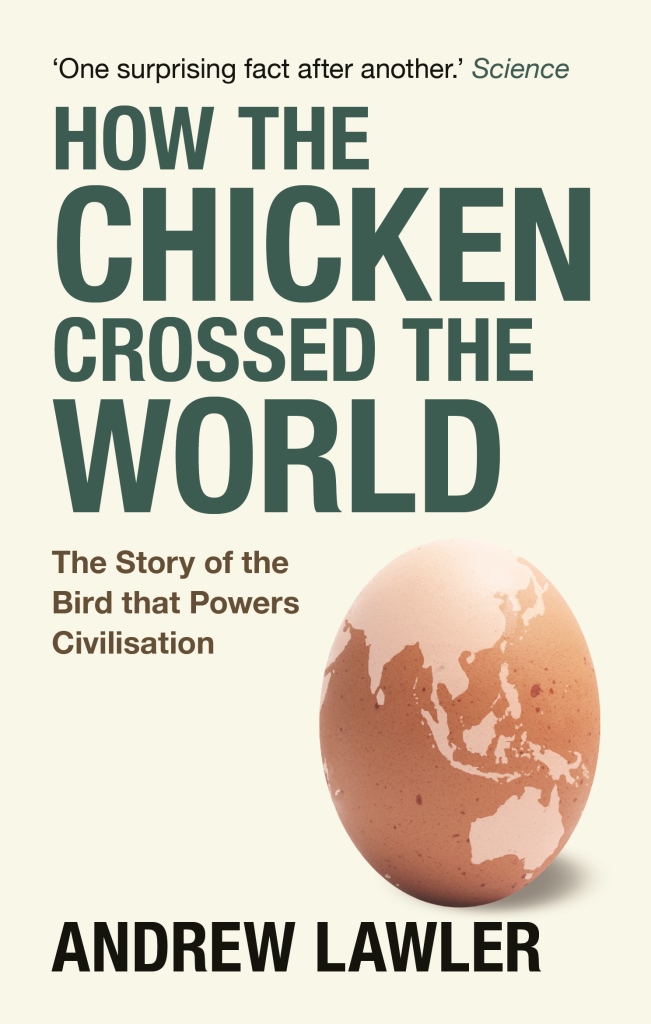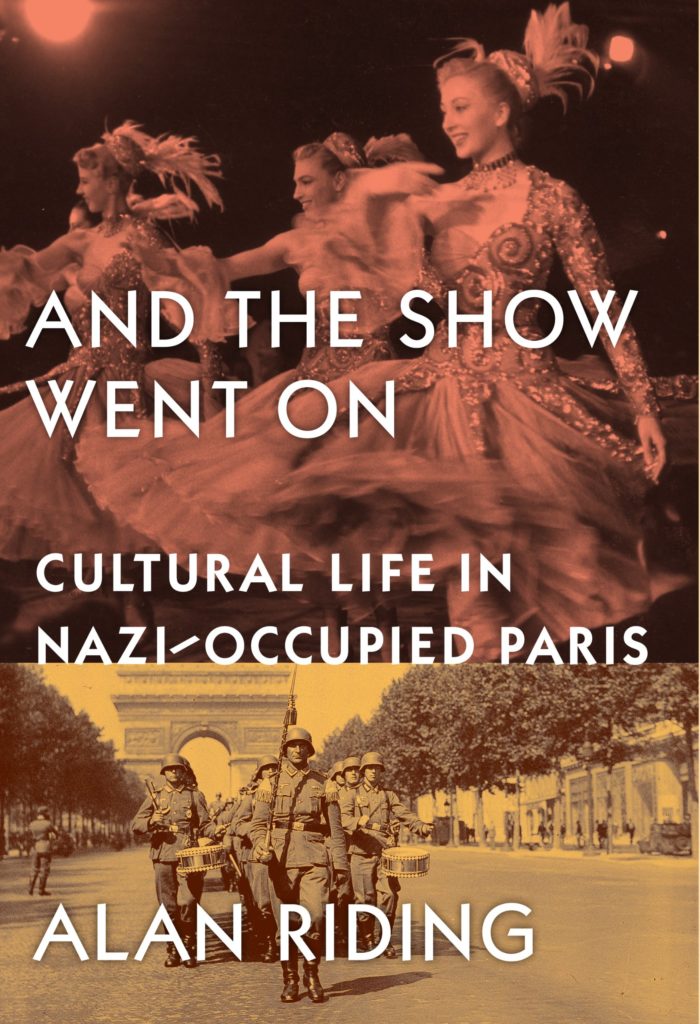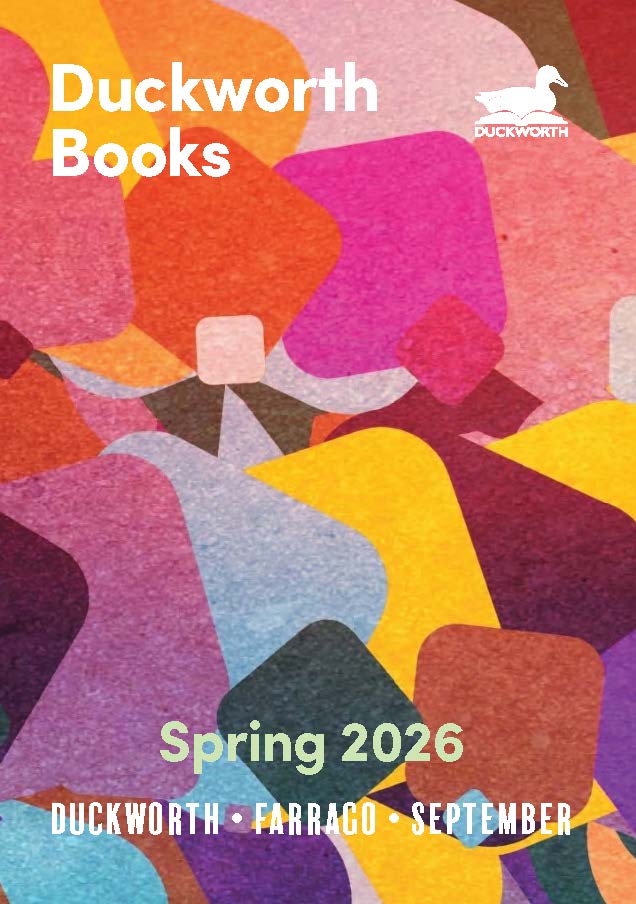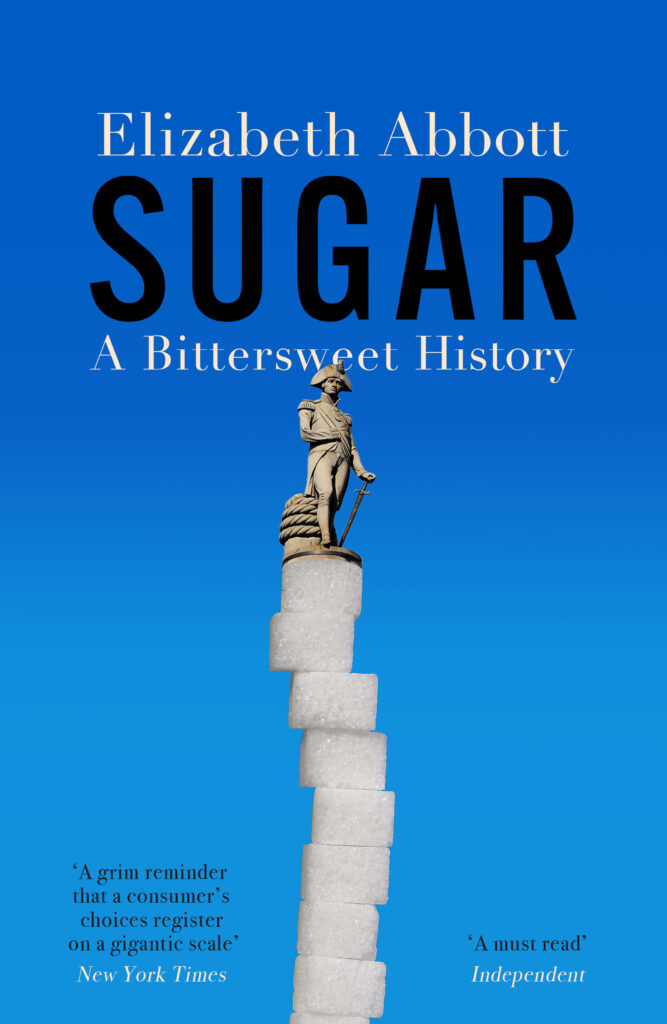
Sugar was once the most powerful commodity on earth. It shaped world affairs, influenced the economic policies of nations, drove international trade and left a legacy of suffering that still resonates today. But how did a substance that began as an expensive luxury of the wealthy become a staple in the modern world?
In Sugar this dark history is unveiled, from the horrors of the transatlantic slave trade to the environmental devastation caused by sugar cultivation. Richly detailed and thoroughly compelling, Elizabeth Abbott traces sugar from its very origins to the twenty-first century, examining the true cost of satisfying the world’s sweet tooth.
